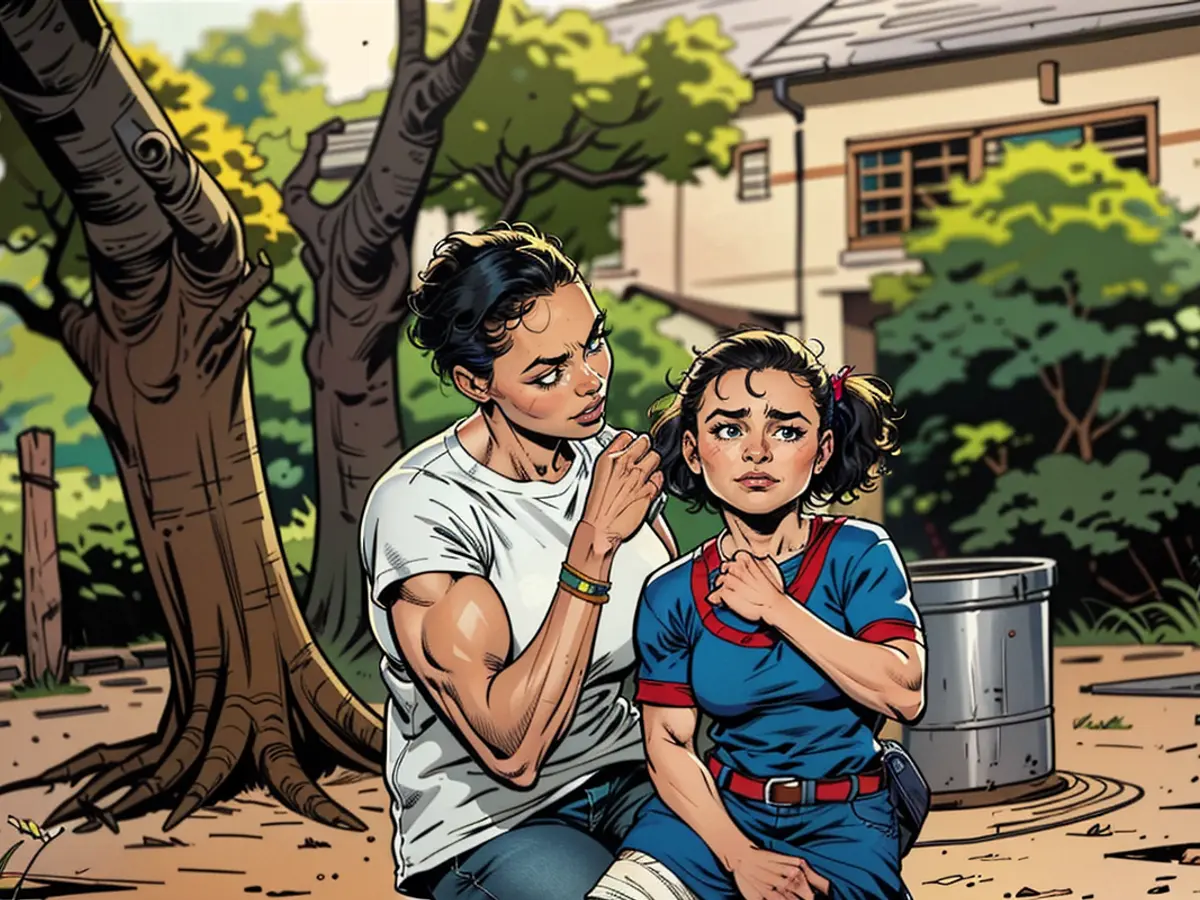Soldiers from the British Army conduct training exercises in Kenya; numerous women allege instances of rape and subsequent abandonment of children they conceived.
She goes by the name 'mzungu maskini', or poor white girl, according to her. This was what she told CNN during an interview at her small dwelling. People often question her presence, stating that she's only there to network with her own people and return home. They believe she doesn't belong and shouldn't be suffering in this place.
Marian believes her father was a British soldier, but she's never met him, nor does she know his name.
Marian is one of the mixed-race kids born to mothers who claim they were raped by British soldiers during their training in Kenya. Her mother, Lydia Juma, is among the numerous Kenyan women who had filed complaints against the UK military over the years, as documented by Kenya's human rights organization.
"I can't fathom why God is punishing me," Juma said tearfully in a moving 2011 documentary titled ‘The Rape of the Samburu Women.’ Marian, who was only four at the time, often hugged her mother as she recalled her traumatic experiences. Juma's long-term partner left her after she gave birth to Marian due to the taboo surrounding rape in their culture. "The moment he saw the 'white' child, he left, and never returned," Juma said in the film.
Juma passed away a few years later without ever finding the man she claims raped her.
Mixed-race children continue to be born in the remote villages where the British Army trains its soldiers in Kenya. The British Army Training Unit, Kenya (BATUK), is headquartered in Nanyuki, around 70 miles southwest of Archer’s Post.
At present, BATUK is under investigation by Kenya’s National Assembly's Defence, Intelligence and Foreign Relations committee. They held public hearings in various locations where British troops train and listened to numerous complaints about abuse, exploitation, and sexual assaults from the surrounding communities.
They plan to hear from BATUK officials and the British High Commissioner to Kenya at the end of their investigation, as per their schedule shared with CNN.
One of the contentious accusations against British soldiers involves the case of Agnes Wanjiru. Wanjiru, a 21-year-old Kenyan woman, disappeared in 2012 after entering a hotel with British soldiers, reports suggest. Her body was later found in a septic tank. Despite a Kenyan inquest ruling her death a murder and the reported identification of a suspect by fellow soldiers, the British soldier allegedly involved hasn't faced charges.
Wanjiru's family believes the British officials are indifferent to her case and appealed for help from the King during his visit to Kenya.
According to a British High Commission spokesperson, they take all the community's allegations seriously and will ensure thorough investigations.
"All sexual activities involving the abuse of power, including buying sex, whether at home or abroad, are prohibited," the British High Commission, speaking on behalf of BATUK, stated to CNN. "We are committed to preventing sexual exploitation in any form and will investigate and hold accountable any Service Personnel found to be involved in it."
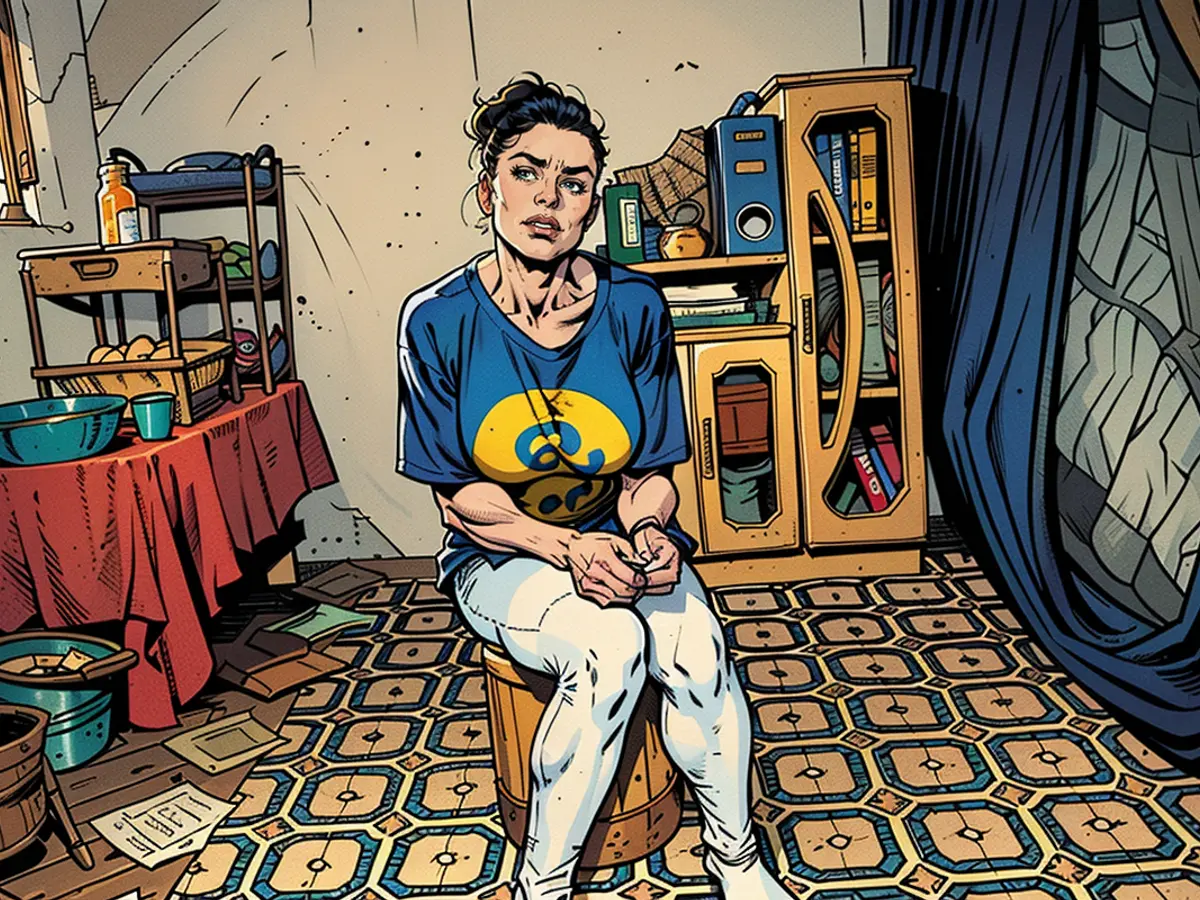
‘British soldiers behaving poorly’
Britain pays Kenya approximately $400,000 annually to allow its soldiers to train in the East African country, primarily in the vast wildlife conservancies in Laikipia and Samburu counties.
Kenya renewed the defense pact in 2021 despite strong local objections. BATUK has a permanent training base in Nanyuki, to the south of these wildlife conservancies, with around 100 full-time staff.
The Defense, Intelligence and Foreign Relations committee’s investigation has brought renewed attention to the British Army's operations in Kenya and reopened cases of women who have accused soldiers of rape over several decades.
Allegations of rape and other crimes, including murder, by British soldiers deployed there date back to the 1950s.
“This is an example of British soldiers behaving poorly,” said Marian Mutugi, a commissioner for the Kenya National Commission on Human Rights. “This is a matter of ensuring the protection of the vulnerable in our society, as per our constitution.”
She is referring to hundreds of women from the primarily pastoralist Maasai and Samburu communities who accused the British Army of rapes in the 1970s and 80s.
They were represented by the British lawyer Martyn Day in a landmark civil case in London in the early 2000s.
Ntoyie Lenkanan, 72, was among the complainants in the British case. Nearly four decades later, her voice trembles with emotion and barely controlled anger as she recalls her ordeal.
“I was collecting water when I was ambushed by a group of British soldiers hiding in the grass near the river. One of them attacked me and raped me,” she told CNN at her home in DolDol, about 35 miles north of Nanyuki.
She has been waiting for years for official acknowledgment of the violation and compensation, but neither has come.
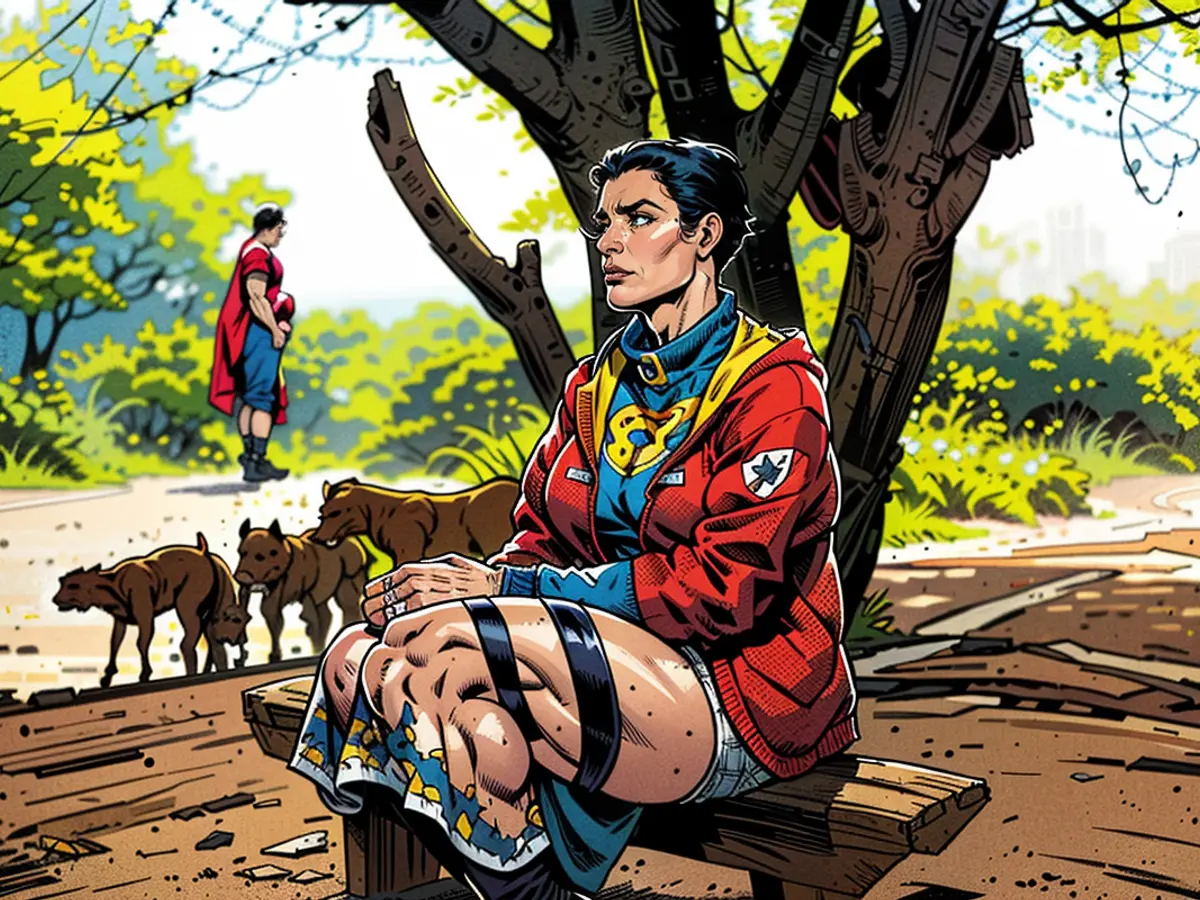
A few miles from Lenkanan's home in the sparsely populated, arid lands of DolDol, Saitet Noltwalal, who is in her 70s and blind, sits under a tree. She, too, claims she was raped by a British soldier in a hill near her home decades ago but cannot remember the exact timeline.
“I have been waiting a long time and I'm now too weak to care for myself. I wouldn’t wish what happened to me on anyone else,” she said.
Life took a drastic turn for a woman following a rape incident, leading to a miscarriage and the subsequent loss of her eyesight. She shared her story, pointing out that some of her peers, who had accused the British Army of sexual violations, had passed away while waiting for justice.
In 2007, the Ministry of Defense in Britain dismissed claims of rape made by 2,187 women, including Lenkanan and Noltwalal, stating that there was no substantial evidence supporting any allegations. A Royal Military Police investigation at the time noted that most of the Kenyan evidence seemed fabricated. The UK investigators opted against conducting DNA tests on the 69 mixed-race children allegedly fathered by British soldiers through rape.
In 2009, several women testified before Kenya’s Truth, Justice, and Reconciliation Commission, which was established in 2008 to listen to victims of injustices from 1963 to 2008, including ethnic conflicts and political violence. However, the commission claims that the government in Nairobi lost the case files without explanation.
The most heinous reported rape incident allegedly occurred in October 1997 at Archer’s Post, where around 30 women were gang-raped by British soldiers, often at knife-point and inside their own homes (manyattas).
A Change in Legal Landscape
With the 2021 defense pact between both countries, British soldiers can now be sued in Kenyan courts for any wrongdoing. This development could provide many women with the opportunity to finally seek justice.
Kenya has no statute of limitations on cases involving alleged human rights abuses, enabling lawyer Kelvin Kubai to sign up over 300 women who previously brought rape claims and reintroduce the case in Kenyan courts. Seventeen-year-old Marian will be the leading plaintiff.
“It’s emotionally distressing for people like Marian and others to see British training ongoing amidst their unresolved traumas and historical injustices,” Kubai told CNN after meeting pastoralist women who allege wrongdoing by British soldiers.
“We have a high chance of winning because Kenya’s legal system offers better redress than what is available in the UK,” he added.
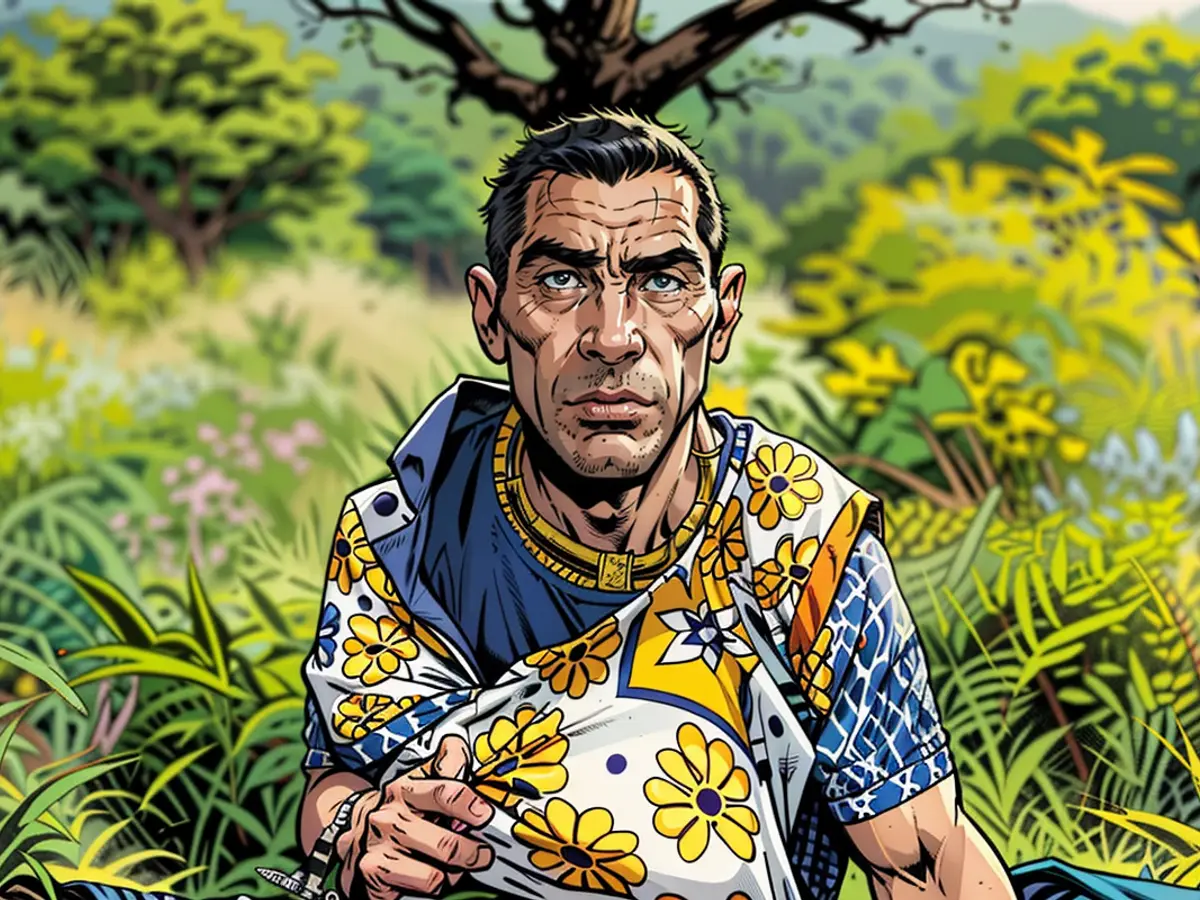
Struggling for Recognition
Kenyan women continue to face challenges in gaining recognition, even for children conceived in consensual relationships with British soldiers.
Generica Namoru, 28, was in a consensual relationship in 2017 with a soldier while working at the BATUK headquarters in Nanyuki. “He went back to the UK when I was two months pregnant. He is the one that chose her name when she was born,” she told CNN.
Namoru says the soldier sent his passport and other personal information for the newborn’s birth certificate. Her daughter Nicole, five, bears his last name, but he has never provided any financial support. Namoru is unemployed and relies on selling fresh water in the semi-arid town to provide for herself and Nicole’s needs.
“I’m a woman with a ‘white’ child. It’s not easy for my family, especially because a child is expensive,” she said, highlighting that Nicole lacks health insurance and a permanent home. “She’s suffering for no reason. I want him to take care of her education, health, and shelter. Nothing else.”
In an effort to support Marian, Nicole, and other “abandoned children of British Army soldiers in Kenya,” lawyer Kelvin Kubai and his team have set up a crowdfunding campaign for their education and legal fees.
Namoru has tried repeatedly to get the Kenyan or British governments to locate her ex-boyfriend and force him to take financial responsibility for his daughter, but with no success.
The British High Commission in Nairobi told CNN that it cooperates with local child support authorities in paternity claims. Neither Nicole nor Marian have UK citizenship, even if they qualify if they can prove their fathers are English.
“It’s not like these kids are looking for a free ticket to the UK. We’re just saying that they deserve to receive parental care from their fathers, the care every child deserves,” Mutugi of the Human Rights Commission said, claiming that the British government has shown no interest in resolving the cases.
“These children deserve British citizenship. They’re British kids. Their fathers were British!” Mutugi exclaimed.
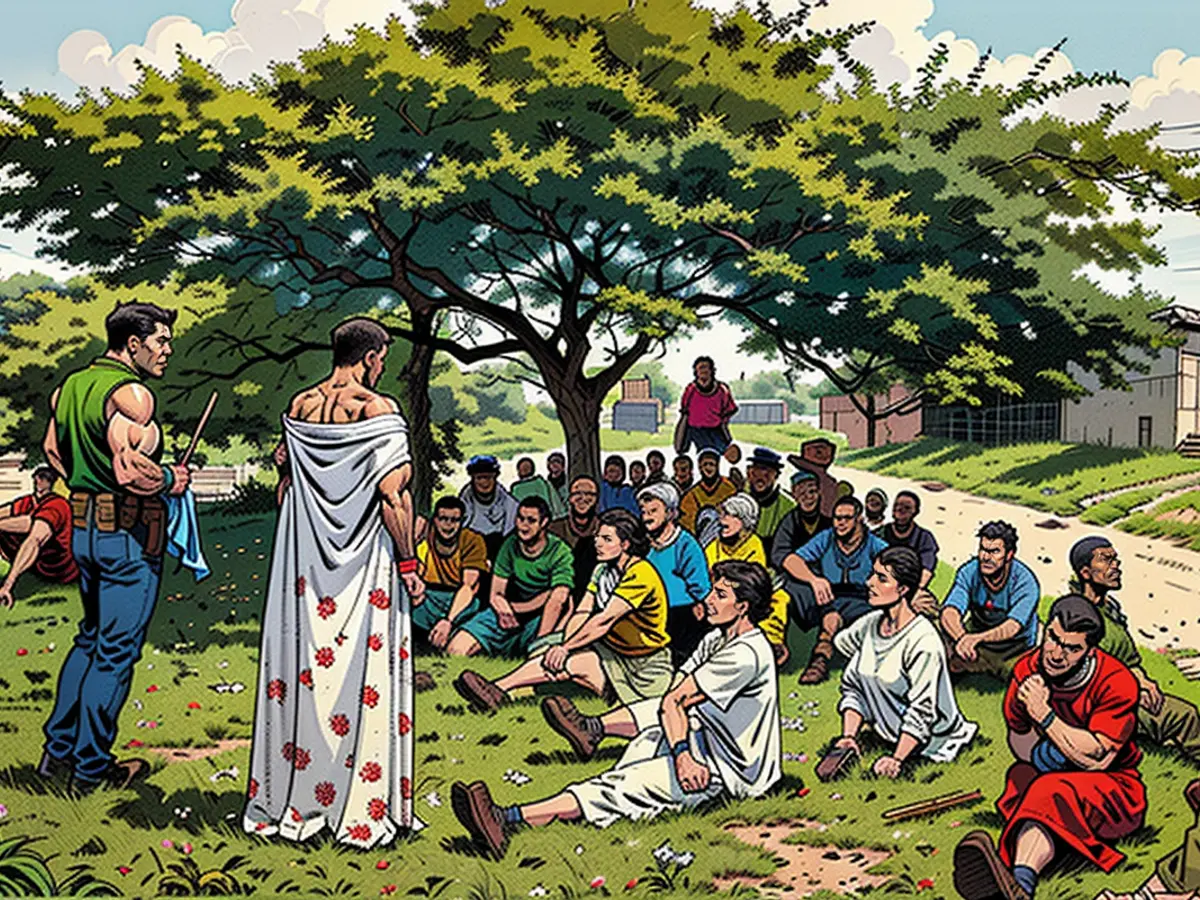
Read also:
Despite the ongoing investigations, the British Army Training Unit, Kenya (BATUK) continues to train British soldiers in remote African villages, contributing to the increase in mixed-race children.
The British government's response to the allegations of abuse, exploitation, and sexual assaults by its soldiers in Africa has raised concerns about their commitment to accountability and justice for the affected communities.
